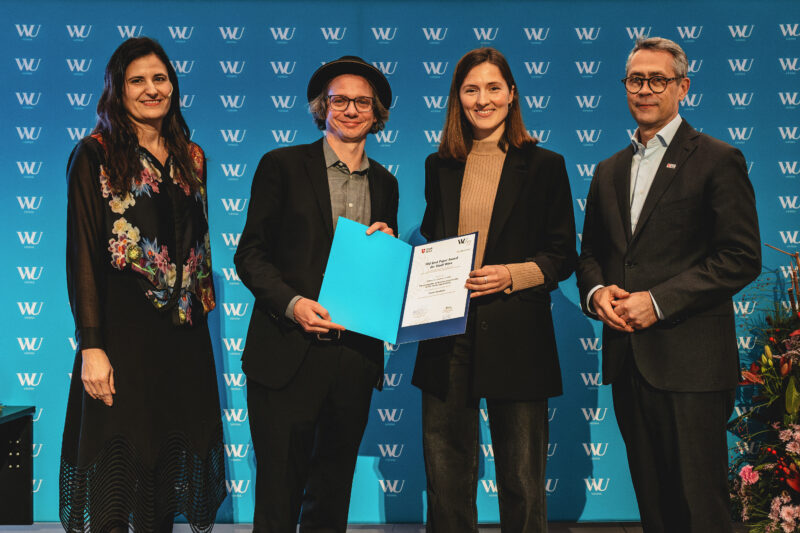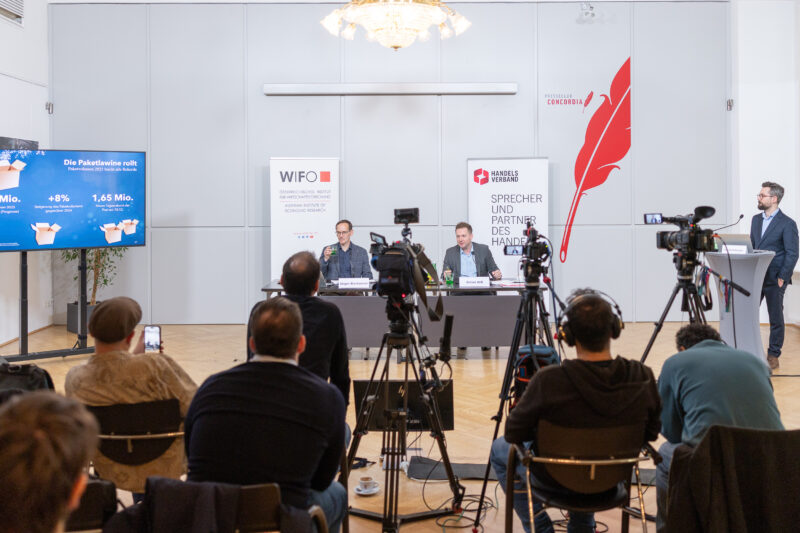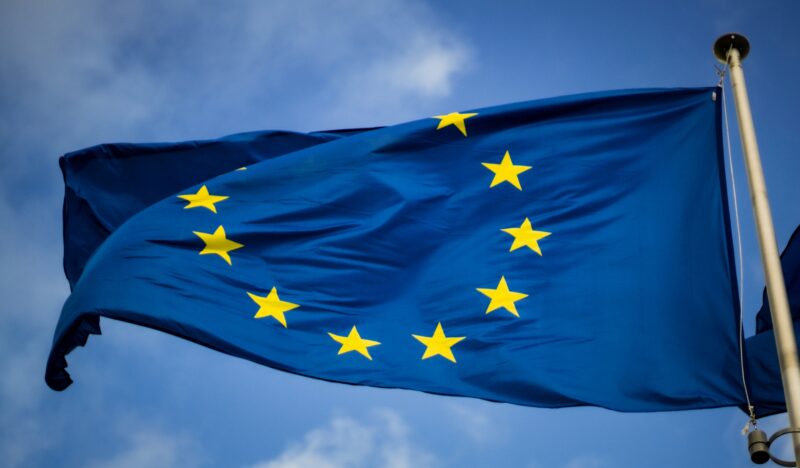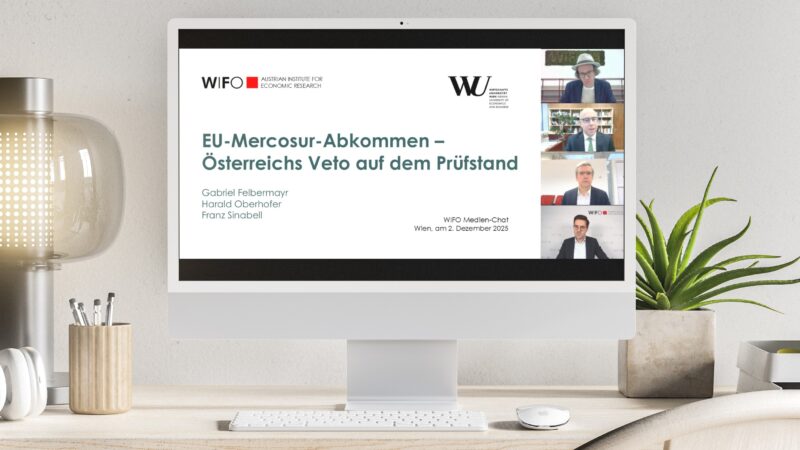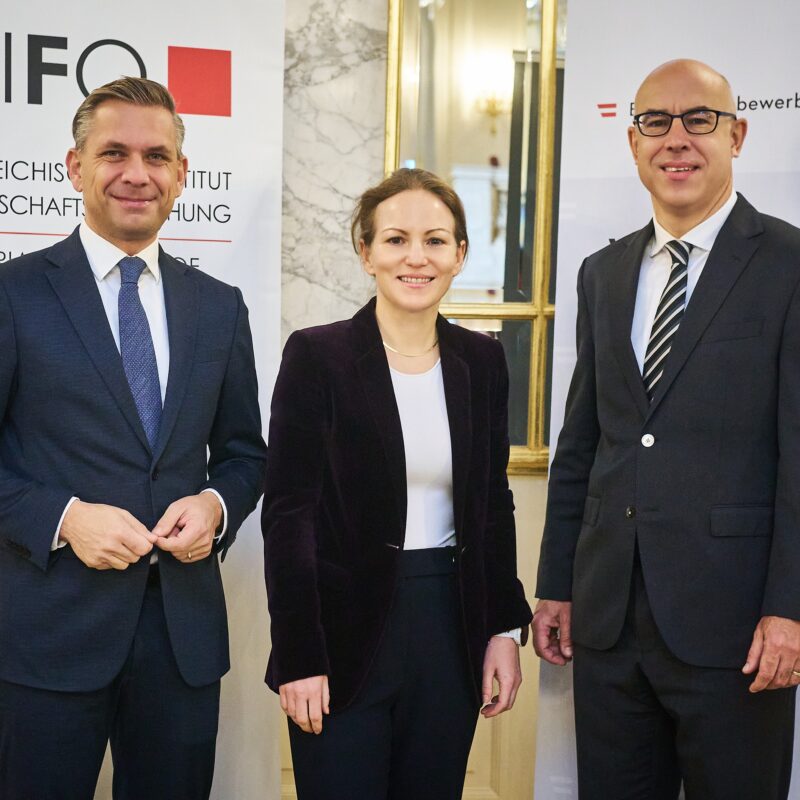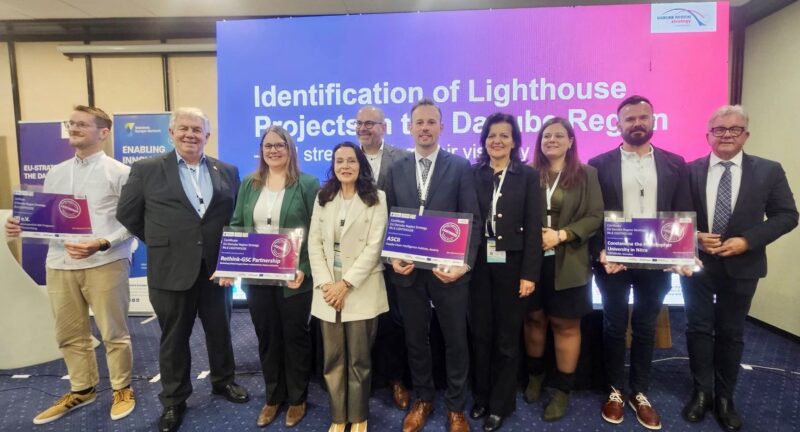
Growth Through Gender Equality
Against the backdrop of the COVID-19 crisis, the draft federal budget for 2021 presented in December 2020 is strongly characterised by the measures to overcome the crisis and to support and revive the economy. In their article, Julia Bachtrögler-Unger, Julia Bock-Schappelwein, Paul Eckerstorfer, Peter Huber, Christine Mayrhuber, Mark Sommer and Gerhard Streicher emphasise why the focus on improving equality between women and men should not be disregarded, especially because of the associated economic growth potential.
International studies by EIGE (2017) and OECD (2015, 2018) as well as the WIFO study "Growth Factor Equality. The Economic Benefits of Gender Budgeting in Vienna" commissioned by The Vienna City Administration, Municipal Dept. 23, point to the macroeconomic growth potential of increasing gender equality, especially by improving the reconciliation of family and work and thereby increasing women's labour force participation and working hours, as well as promoting women's STEM qualifications. According to the model simulations of EIGE (2017), an improvement in gender equality, in particular by reducing the gender gap in STEM education and labour force participation, could lead to up to 7 percent higher GDP per capita in Austria in 20301.
The need for empirical evidence on the economic impact of gender equality public spending or the gender impact of the budget – and also the economic benefits of improved gender equality as such – is gaining further importance in the current economic crisis.
The WIFO study mentioned above links the microeconomic impact analysis of specific measures with the estimation of the macroeconomic effects of increasing gender equality. In a feasibility study, methodological and data requirements are addressed and impact analyses for selected Viennese gender budgeting measures are carried out.



